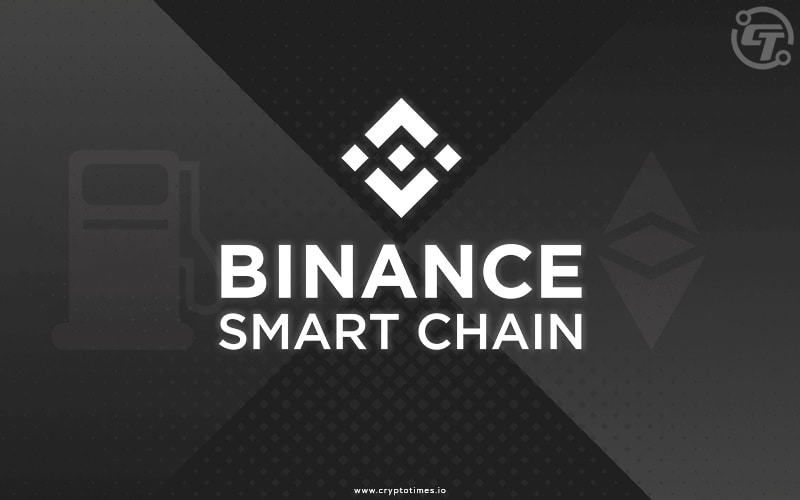In Brief:
- Binance Smart Chain proposed fee burning mechanisms named BEP-95.
- The proposal is similar to Ethereum’s fee burning mechanism “EIP-1559”
- The proposal will burn a portion of the transaction fees paid in BNB
Binance is proposing a Smart chain Proposal “ Binance Evolution Protocol, BEP-95” to implement a real-time fee-burning mechanism. It is similar to Ethereum’s fee-burning mechanism EIP-1559. The proposal is currently in draft form and awaiting a vote to be implemented.
In the proposal, it is recommended that a portion of the transaction fees in each block be burned, with the proportion adjustable by the network’s governance system. Initially, the burning ratio is set to 10%.
This would mean that validators on the network would receive fewer transaction fees due to their destruction instead. As a result, the circulating supply of BNB would decrease over time.
The burning process occurs when cryptocurrencies are sent to a “burn address” and are no longer accessible. Since they cannot be spent, they are considered destroyed and no longer count in the total supply of coins.
A burn of that amount would reduce supply by 681 BNB ($334,000) per day. Currently, the network sees around 6814 BNB ($3.4 million) in transaction fees per day.
The proposal BEP-95 needs to be backed by a minimum deposit of 2,000 BNB. Once that happens, validators on the network will vote for or against it. If it passes, the change will be implemented immediately.
In addition to regular coin burns, the Binance Smart Chain still burns large amounts of BNB every quarter.
Ethereum introduced a fee-burning proposal called EIP-1559 via London hardfork in August. It burns a portion of the gas fee paid in ETH. After the implementation of EIP-1559 Ethereum price also increased.
The difference with the BSC proposal is that there is no inflation on the network currently. Thus, rather than reducing inflation, the network will become deflationary from day one.






